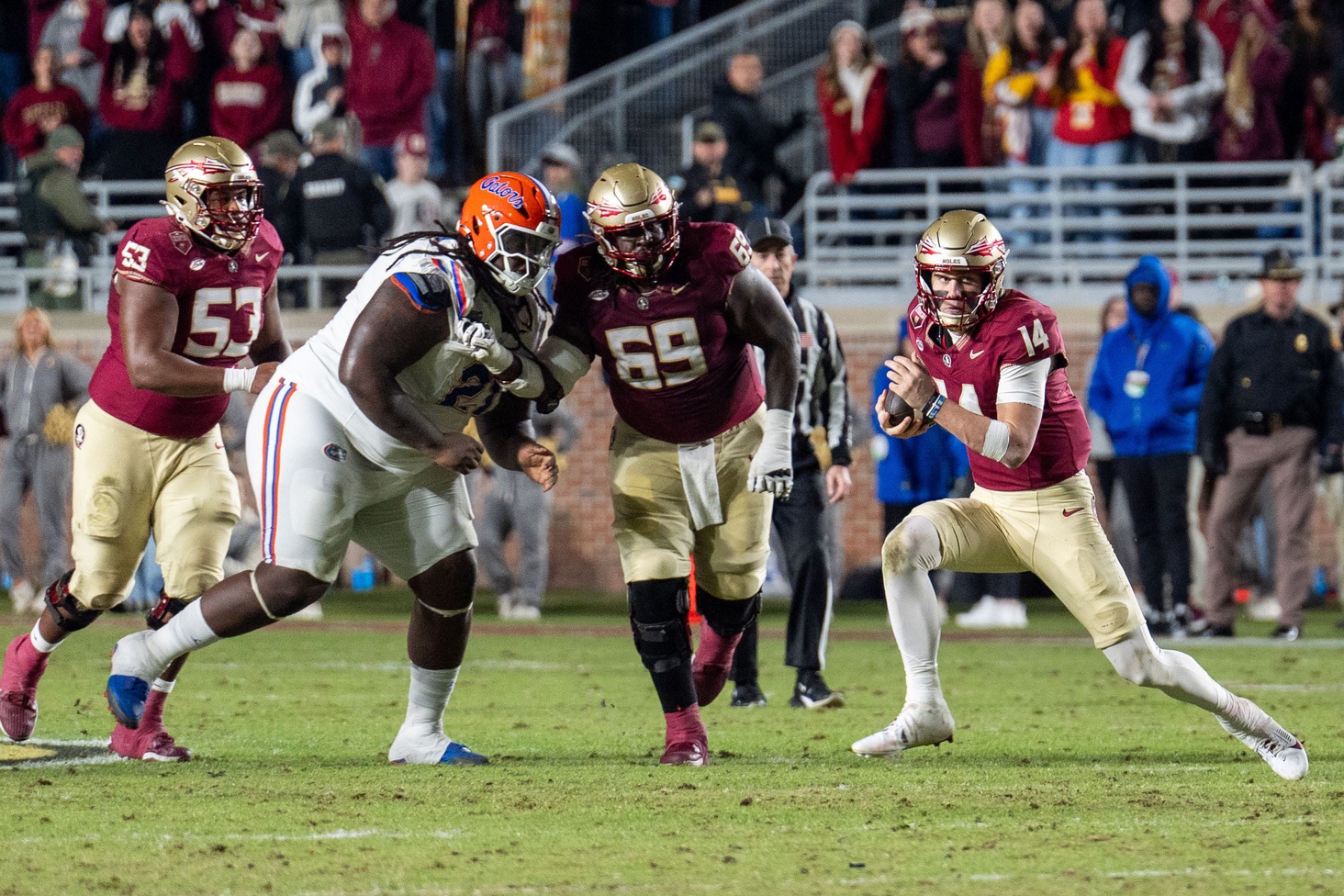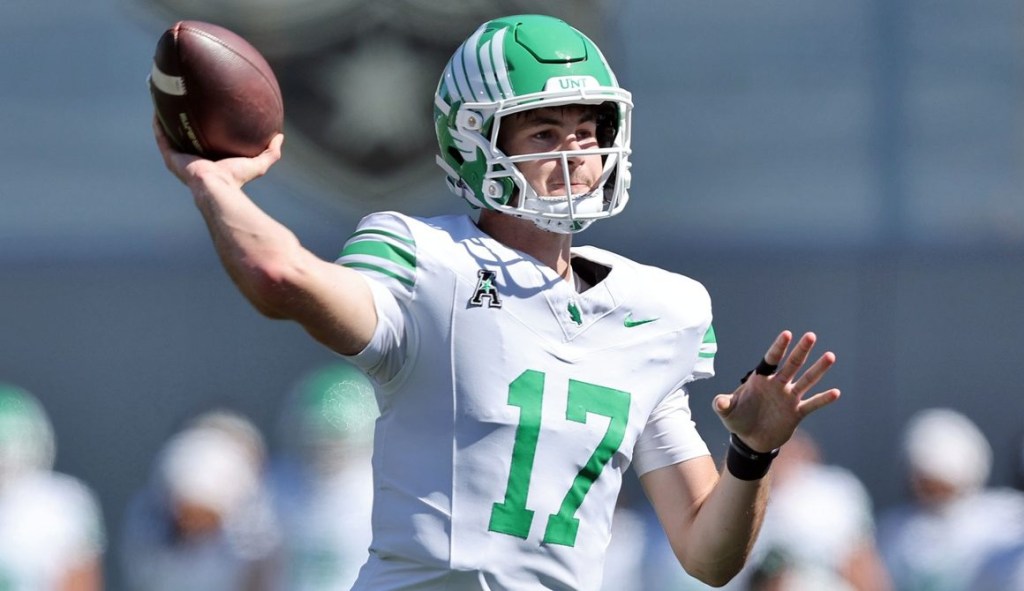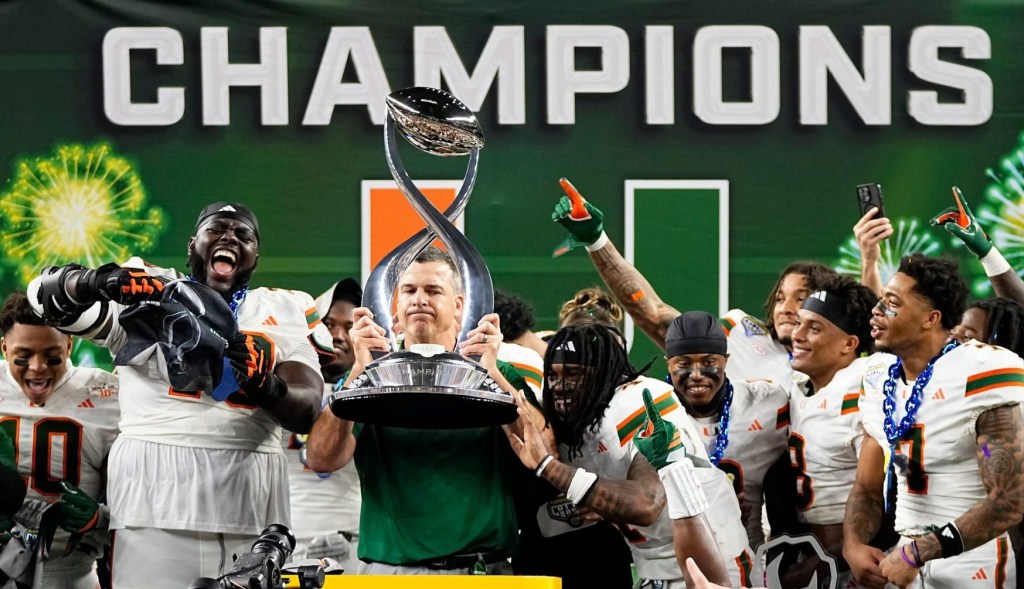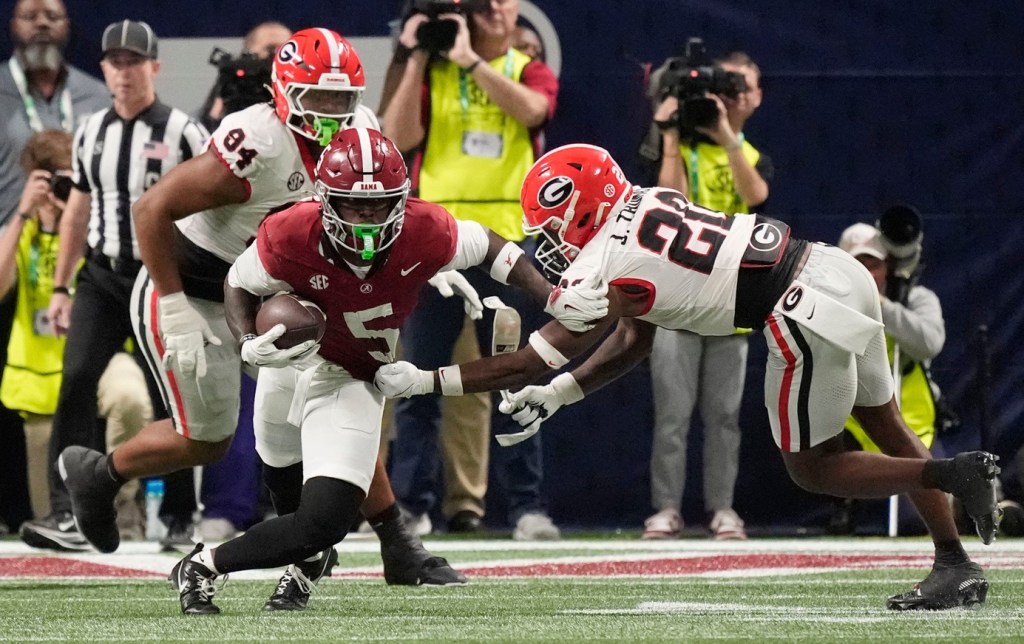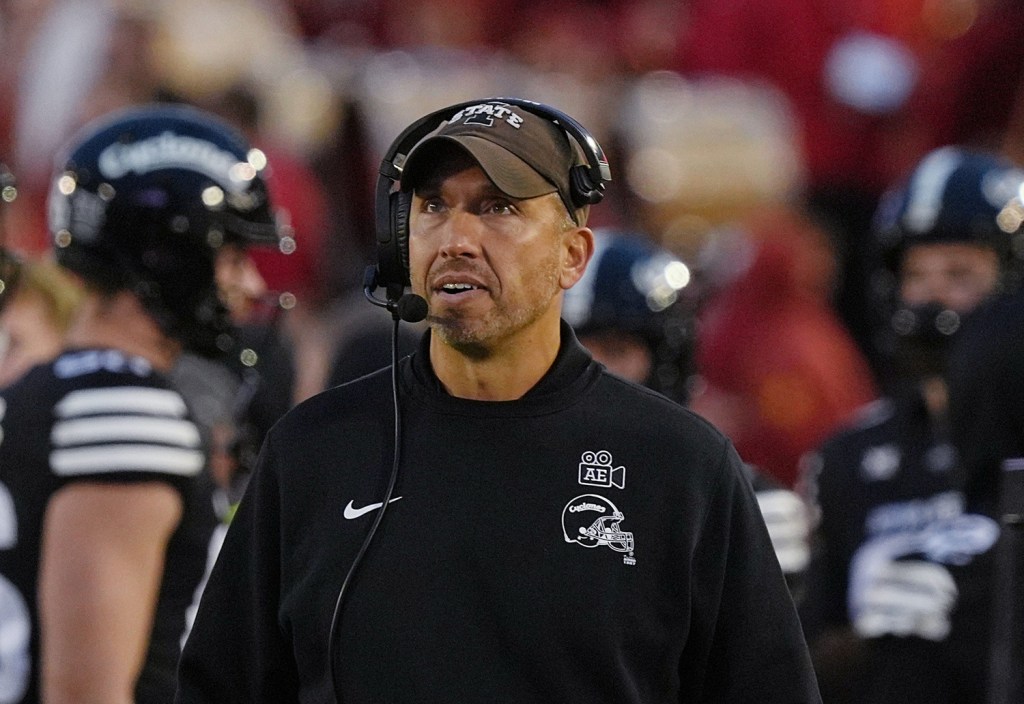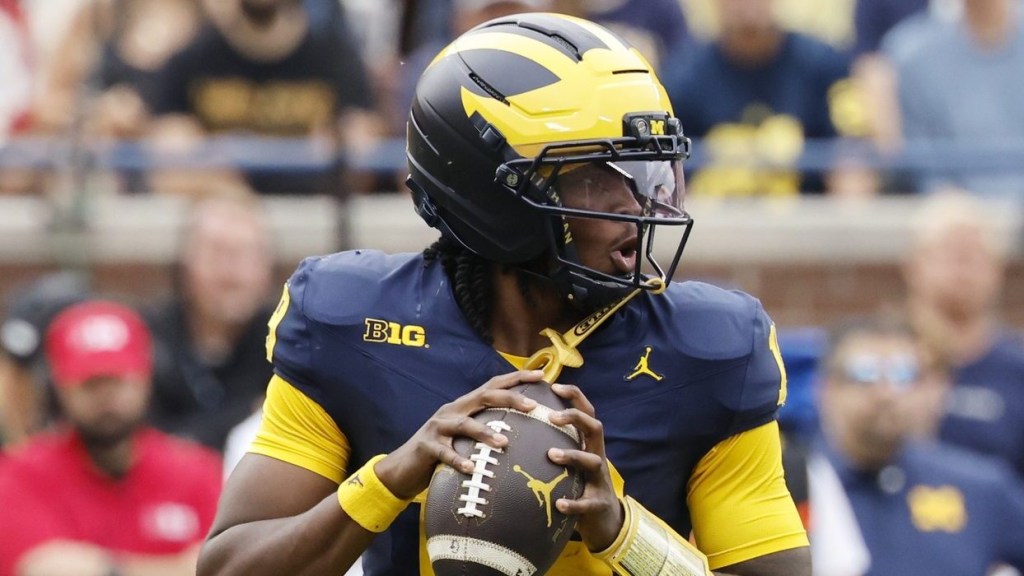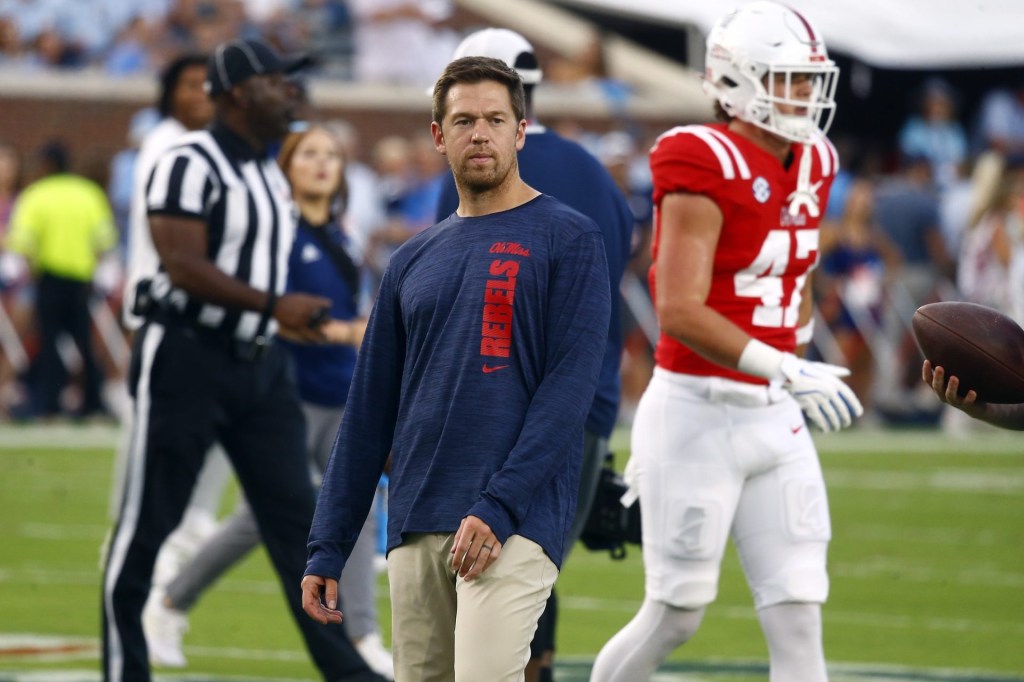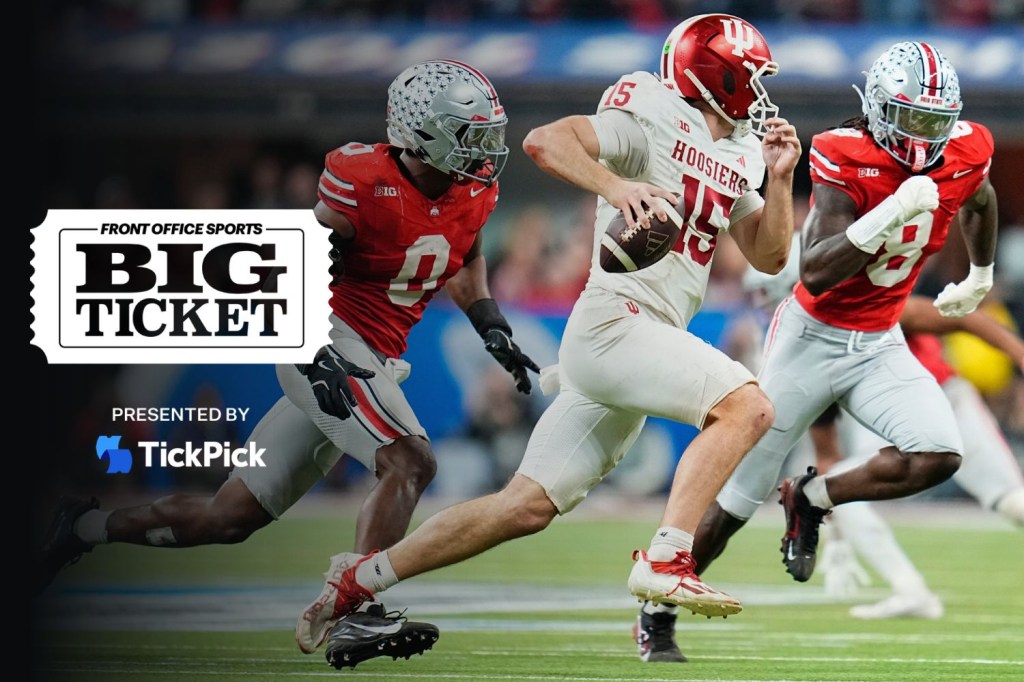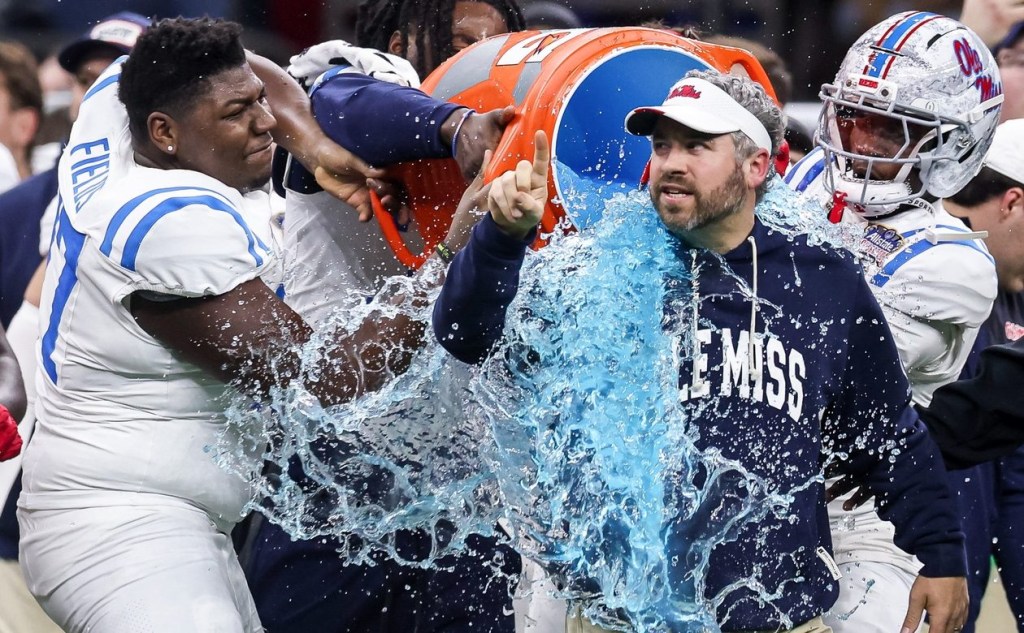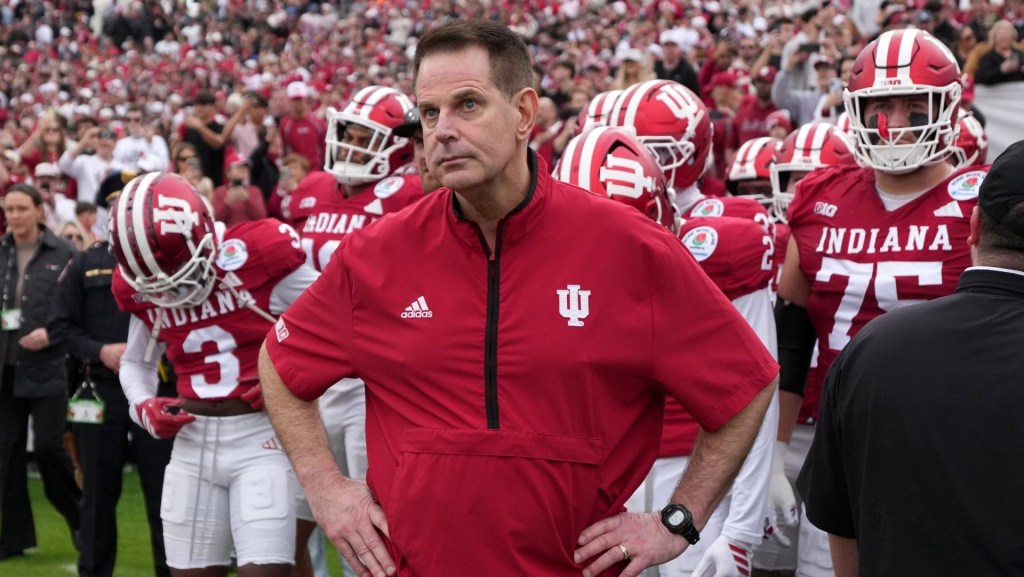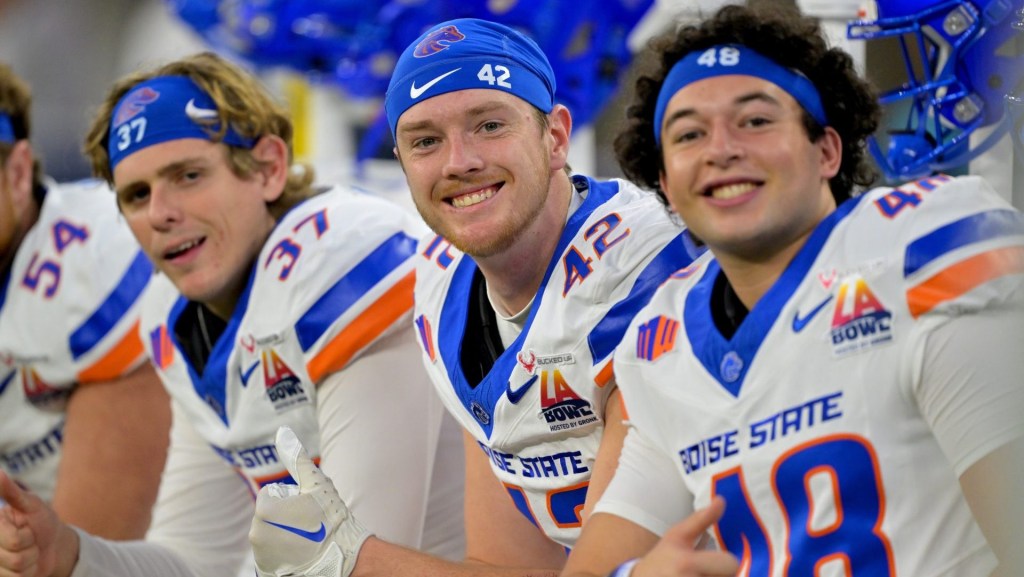The House v. NCAA settlement, approved June 6, allows schools to share up to $20.5 million in revenue with players, as well as offer as many scholarships as new roster limits would allow. New money being distributed to athletes means athletic departments need more revenue—and they’re renewing their search for creative, and in some cases, unorthodox solutions.
In the days and weeks since the settlement’s approval, athletic departments have shown interest in inviting private capital into their schools, former FSU quarterback and Weatherford Capital founder Drew Weatherford tells Front Office Sports.
In May 2024, Weatherford Capital and RedBird Capital Partners launched a joint investment arm aimed at deploying private capital into athletic departments nationwide, reportedly with the ability to offer between $50 million and $200 million per school. (Weatherford Capital’s investment portfolio includes sports companies like IMG Academy, as well as non-sports-specific brands like BusPatrol.) They offered a slightly different model than purchasing an ownership stake in a professional team. Instead, the newly formed Collegiate Athletic Solutions would offer the money almost in the form of a loan that they would expect a return on only if the school generated a certain amount of revenue or profit from those investments.
The group has been unsuccessful at getting a deal across the finish line. (It isn’t the only one—multiple private capital firms have had conversations with athletic departments over the past couple of years without bearing fruit.)
“I think the reason why people have been slow to do anything is they didn’t know 100% whether or not the House case is going to pass,” Weatherford says. “The likelihood of it passing [was] increasing—but it wasn’t a guarantee.” He explained that, as they waited for a final decision, schools decided to go to their university boards to see whether any state or institutional support was available to bridge the financial gap the House settlement could create.
But now, athletic departments ranging from the top of the power conferences to the lower end of the Group of 6 who had conversations with Collegiate Athletic Solutions before—and ultimately paused them—have expressed renewed interest since House settled, Weatherford says. “All of these institutions have pulled every lever that they can. Then the next question is if there is a need, are they going to solve that question with private capital.”
Weatherford says conversations are “underway” but couldn’t put a timeline on if or when a deal would get across the finish line.
The momentum is certainly building across the industry. Shortly after the settlement was approved in June, two athletic departments signed private capital contracts with Elevate, marking the inaugural influx of private capital at the athletic department level. That same day, Boise State athletic director Jeramiah Dickey told FOS the Broncos had tasked a team within its athletic department with exploring new revenue streams like private capital. He said he expected some sort of deal in the next six months. Commissioners have also expressed interest in private capital at the conference level.
Weatherford, for his part, says CAS’s model is the most “viable” way to get private capital into the athletic department space.
Editors’ note: RedBird IMI, in which RedBird Capital Partners is a joint venture partner, is the primary investor in Front Office Sports.
